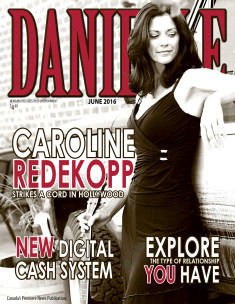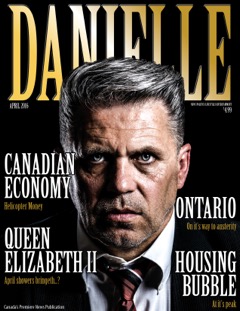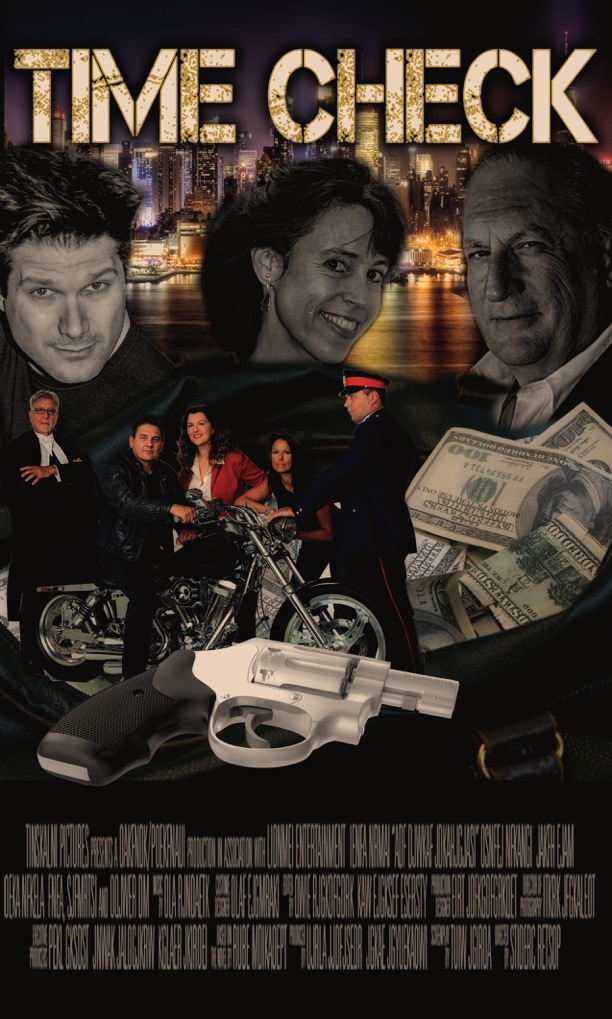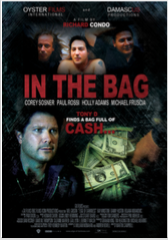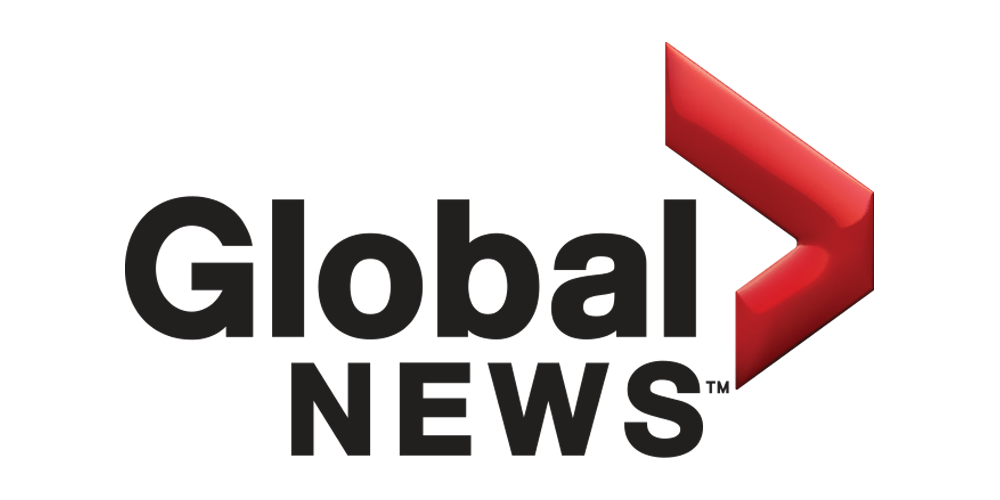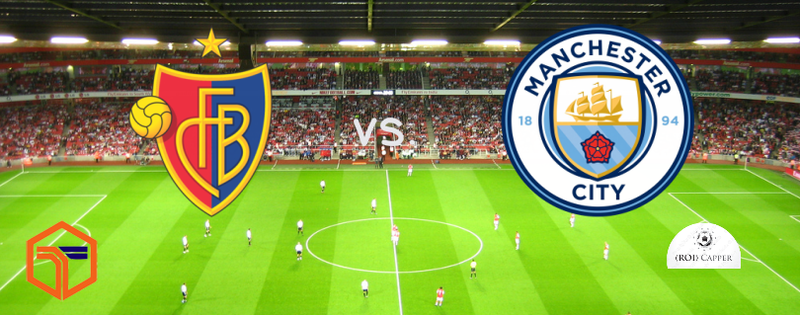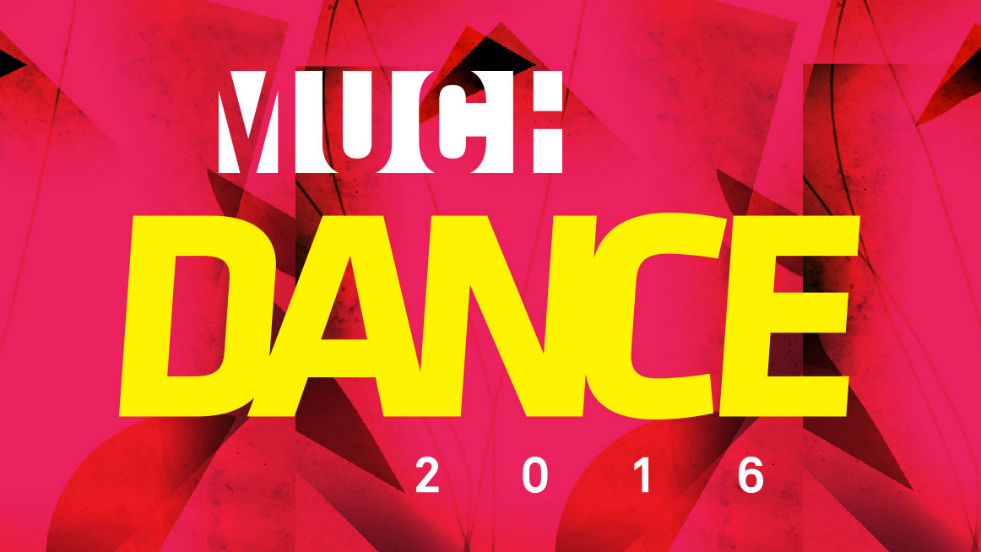The Moment. In this daily feature until Election Day, the National Postcaptures a telling moment in time from the 2015 campaign trail.
With his ex-broadcaster wife at his side, Justin Trudeau adopted his best “looking into the future” expression and pledged a king’s ransom to Schitt’s Creek and Definitely Not the Opera.
“A new Liberal government will invest $150 million in new annual funding for the CBC,” said the Liberal leader as the Montreal crowd around him cheered.
Somewhere among the spectators, a CBC reporter or two tried to look nonchalant: It’s always hard to look objective when a politician has just promised to give you millions of dollars.
And such is the endless quandary faced by the national broadcaster when covering elections. Unlike CTV, Global or pretty much any other media outlet covering the 2015 election, it is empirically in CBC’s best interest if the Conservatives lose on Oct. 19.
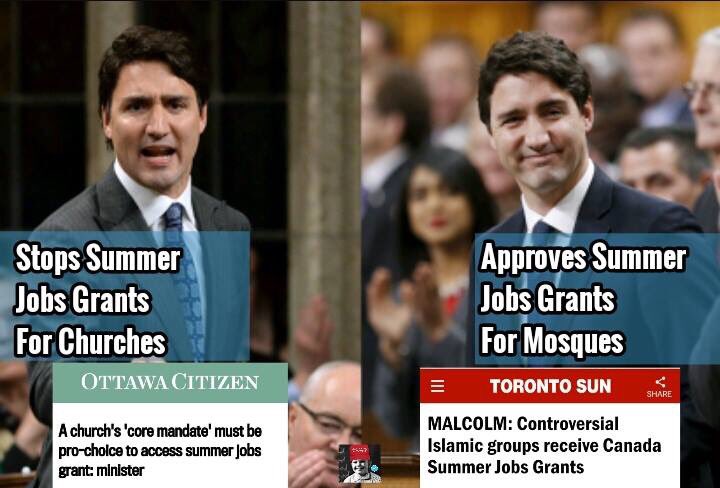
Back in 2012, the Conservatives cut $115 million from the CBC budget over three years.
The NDP have already promised to restore the cash, and with Trudeau’s announcement Tuesday, the Liberals are upping the ante with an extra $1 per Canadian.
The Green Party, meanwhile, have pledged to increase the funding by an incredible $315 million a year.
Friends of Canadian Broadcasting, the independent CBC booster, have made no secret of their pitched opposition to the current government.
A series of recent ads produced by the group shows a Harper-like figure ordering people drowned and beaten for questioning Tory cuts, and listening intently as Third World dictators give him censorship advice.
“Under Harper, our national public broadcaster has been under constant attack,” say the Friends on their website.
And while CBC president Hubert Lacroix named no specific party, he was at a public broadcasters’ conference earlier this month arguing that the likes of the CBC needed to reverse the “vicious circle” of funding cuts.
“If we don’t work together to turn this around … we risk becoming so weak that we will no longer be able to provide what our citizens need from each of us and, in turn, it will be harder to justify their investment in us,” he told the Munich gathering.
All of which doesn’t help the usual accusations that the CBC is tainted by political bias.
During the 2011 election, for instance, an online CBC feature called Vote Compass was accused of tricking voters into thinking their views coincided with those of the Liberal party, based on a set of 30 questions.
Because the program rated Liberals at the centre of the ideological spectrum, anyone without firm right-wing or left-wing beliefs was lined up with the Grits.
And it was only in February that Harper himself was claiming that Radio-Canada, CBC’s French-language arm, “hates” conservative values.
“I understand that there are many at Radio-Canada who hate (conservative) values, but I think that these values are the true values of a large percentage of Quebecers,” Harper said in a French-language interview with a Quebec City FM station.
Thus, as Trudeau announced he was going to make all the CBC’s funding problems go away — and as CBC critics examined broadcasts and Twitter accounts for the slightest sign of glee or bias — the network itself played the story as straight as possible.
“Justin Trudeau says govt has a role in promoting cultural industry,” wrote on-scene CBC reporter Margo McDiarnid in a Tweet. “Announces $380 million new $.”
National Post
• Email: [email protected] | Twitter:



